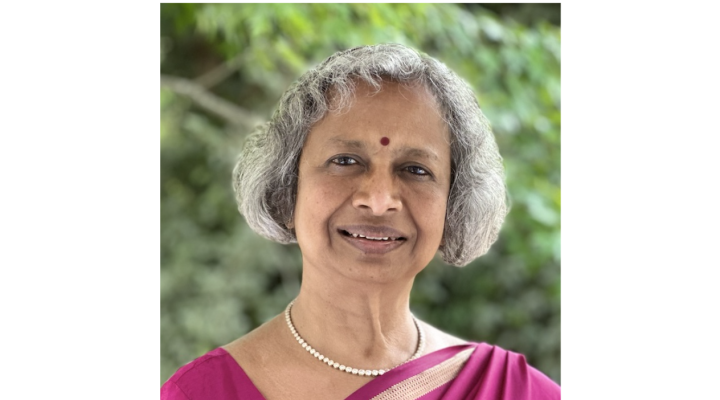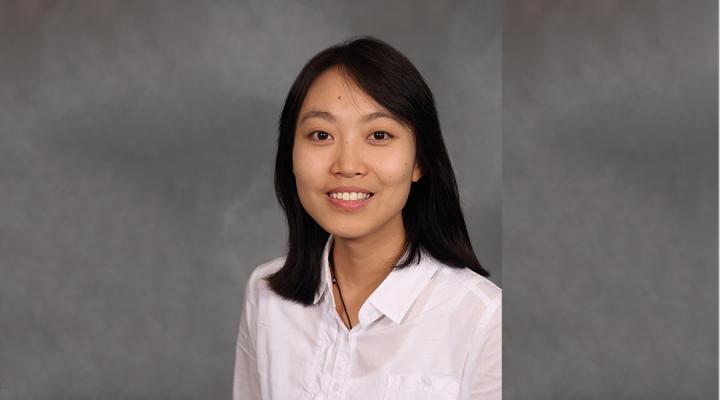Andrew Gordon Wilson has joined the School of Operations Research and Information Engineering (ORIE) at Cornell as an assistant professor. He is interested in developing flexible, interpretable, and scalable machine learning models, particularly for kernel learning and deep learning.
Wilson grew up in Victoria, British Columbia and earned his B. Sc. Degree from the University of British Columbia in Vancouver. As an undergraduate he majored in physics and mathematics. He received his Ph.D. in machine learning from the University of Cambridge and then had a postdoctoral research fellowship in the Machine Learning Department at Carnegie Mellon University.
Wilson’s path to his current position at Cornell has been driven by a wish to find a field where he can use his math and physics knowledge and abilities to make real contributions to society. As an undergraduate Wilson considered going on to medical school. He went as far as to apply and then deferred his acceptance in order to delve more deeply into physics. While an undergraduate Wilson was invited to help design a new type of positron emission tomography (PET) scan. The deeper he went into the project the more he realized he would have to learn about the field of machine learning in order to make any progress.
“Until that point,” says Wilson, “I did not know machine learning was a field. I read everything I could on neural networks and then built machine learning algorithms for image reconstruction with the new PET device. The more I learned, the more it seemed like AI and machine learning were quickly moving areas of mathematical research where one could make great contributions”.
Rather than go to medical school, Wilson wrote to Zoubin Ghahramani, a world leader in the field of machine learning based in Cambridge, UK. Ghahramani, as luck would have it, was heading to Vancouver for the Neural Information Processing Systems (NIPS) conference and was willing to meet with Wilson. The meeting turned into an impromptu interview and Wilson was offered a spot in Ghahramani’s research group at Cambridge. Wilson secured funding and moved to England, where he lived in Cambridge’s famous Trinity College.
“Trinity was a fantastic opportunity,” says Wilson. “It was a wonderful place to live, with so much history, and I learned by getting directly involved with research.” Wilson became a leading expert in Bayesian machine learning. He noticed that kernel methods, which had been hugely impactful in machine learning, typically made some default assumptions without any strong justifications.
He developed an approach which would instead allow these methods to automatically learn salient statistical structure, rather than rely on such assumptions, or extensive human intervention. He saw right away that this approach had immediate implications in a wide range of disciplines, as varied as astrophysics, econometrics, and atmospheric science.
From Cambridge, Wilson joined the Machine Learning Department in the School of Computer Science at Carnegie Mellon. While there he focused on scaling up his new methods to fit very large problems and data sets. “We were able to make these methods scale to huge engineering problems by exploiting existing mathematical structure, rather than making simplifying assumptions”. We used the resulting approaches for problems in public policy, epidemiology, computer vision, and spatiotemporal statistics.
Now at Cornell, Wilson is looking at the synergies between kernel methods and deep learning, another area of machine learning which has had great impact. He is particularly interested in building interpretable machine learning approaches that would make state-of-the-art predictictions but also lead to new scientific insights. “We can take the structure that’s been automatically discovered by a machine learning approach, and interpret that structure to propose entirely new scientific theories”. In terms of applications, Wilson is especially interested in astrophysics, smart cities, neuroscience, and medicine. “Part of the reason I work in machine learning is because it is possible to learn about and make deep contributions to many different areas of science”.
Outside of work, Wilson plays classical piano. He especially enjoys Glenn Gould’s playing Bach.





